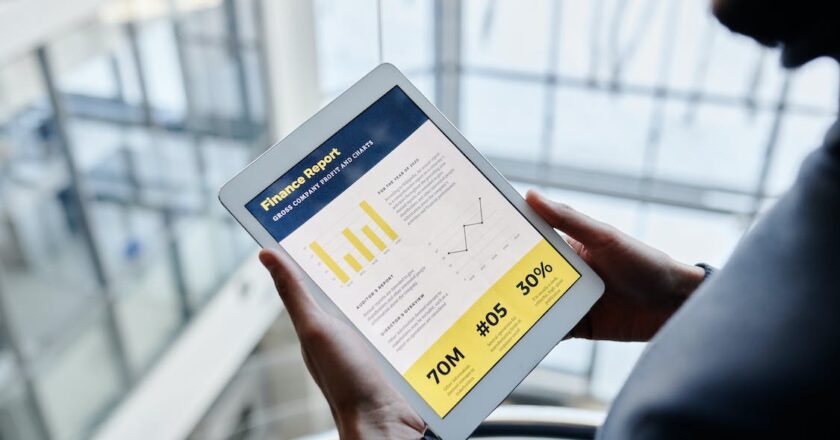Balancing Act: EBITDA’s Role in Debt Assessment and Strategic Debt Servicing
In the dynamic world of business finance, the guide "Mastering Financial Harmony: EBITDA's Guide to Debt Assessment and Strategic Servicing for Business Leaders" unravels the crucial connection between Earnings Before Interest, Taxes, Depreciation, and Amortization (EBITDA) and effective debt management. Offering practical insights, the guide navigates business leaders through the intricacies of debt assessment, showcasing the role of EBITDA in calculating the debt/EBITDA ratio and identifying warning signs. It further illuminates strategies for optimizing debt servicing, including debt restructuring and cash flow management, all guided by EBITDA insights. With real-world examples, challenges, and mitigations, this guide empowers business leaders to orchestrate a financial symphony, ensuri...










